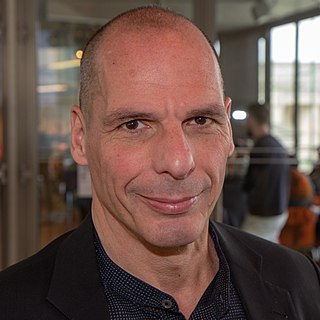A Quote by Margaret Thatcher
If I were a German today, I would be proud, proud but also worried. I would be proud of the magnificent achievement of rebuilding my country, entrenching democracy and assuming the undoubtedly preponderant position in Europe. But a united Germany can't and won't subordinate its national interests in economic or in foreign policy to those of the Community indefinitely. Germany's new pre-eminence is a fact - and its power is a problem - as much for Germans as for the rest of Europe.
Quote Topics
Achievement
Also
Assuming
Be Proud
Community
Country
Democracy
Economic
Eminence
Europe
Fact
Foreign
Foreign Policy
German
Germans
Germany
Interests
Magnificent
Much
National
National Interest
National Interests
New
Policy
Position
Power
Problem
Proud
Rebuilding
Rest
Subordinate
Those
Today
Undoubtedly
United
Were
Worried
Would
Would Be
Related Quotes
Germany has become the economic heart of Europe because our leaders are weak. But Germany should never forget that France is Europe's political heart. What is happening here today foreshadows what will happen in the rest of Europe in the coming years: the great return of the nation-state, which they wanted to obliterate.
You're thinking of Europe as Germany and France. I don't. I think that's old Europe. If you look at the entire NATO Europe today, the center of gravity is shifting to the east. And there are a lot of new members. And if you just take the list of all the members of NATO and all of those who have been invited in recently -- what is it? Twenty-six, something like that? -- you're right. Germany has been a problem, and France has been a problem.
Our international role depends on a strong Europe and a strong Europe depends on France's ability to share leadership with others, including Germany. If France is economically weak and doesn't carry out reforms, it is no longer credible. Europe's position on the global stage is thus weakened. I would like to change all that. France needs a strong Germany and a strong chancellor. But Germany also needs a strong France.
German dominance in the EU is a fact of life. But for historical reasons, it would be the last country to be swept away by a populist wave. And one thing is certain: If Germany goes down, Europe goes down, and with it all the values which we thought are worth living for. Germany has to be the champion of these values.
Germany will always do the minimum to preserve the euro. Doing the minimum, though, will perpetuate the situation where the debtor countries in Europe have to pay tremendous premiums to refinance their debt. The result will be a Europe in which Germany is seen as an imperial power that will not be loved and admired by the rest of Europe - but hated and resisted, because it will perceived as an oppressive power.
On the issue past of independence of Germany, after the time of National Socialism, Germany has been given an enormous amount of help particularly and also from the United States of America. A fact that we were able to enjoy German unification is due first and foremost to the help of the United States of America.










































